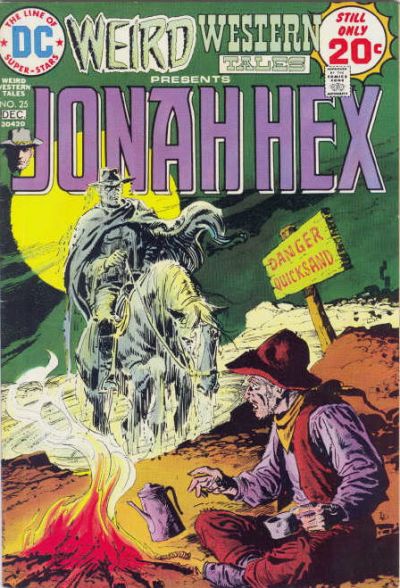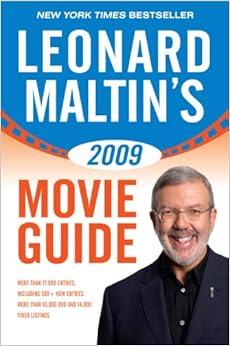I first heard about Under the Skin shortly before its release. I became really interested in seeing it when the theatrical trailer/teaser was shown.
Heady looking stuff, right?
The movie came and went, scoring a super strong 86% positive among critics but a far less impressive 56% positive rating among audiences from Rotten Tomatoes. Essentially, almost all critics liked it but only half the audiences cared for what they saw. Looking at some commentary from audiences, it is clear the film has strongly divided viewers and, as the saying goes, they either loved or hated it. Now, having finally seen the film, which side of the fence am I on?
It’s a harder question to answer than you might think.
On the plus side, Under the Skin is an intriguing, visually striking film that drew my attention while playing out slowly, almost naturally. The dialogue, what there is of it, is conversational and often (ahem) skin deep. We are taken through a series of scenarios which in turn form a story about an otherworldly alien predator (Scarlet Johansson) who, like the black widow spider, draws in and then kills men.
Almost from the beginning its clear director Jonathan Glazer is emulating the works of some very well known filmmakers. In Under the Skin, viewers familiar with the style of directors Stanley Kubrick and Andrei Tarkovsky will see stuff that looks an awful lot like their work. Likewise, the film’s plot bears some resemblance to the classic Nicholas Roeg/David Bowie The Man Who Fell to Earth.
Unfortunately, when one sees so many familiar echoes to the brilliant works of other artists, one can’t help but compare them to Under the Skin. Doing so, even more unfortunately, reveals that this film doesn’t quite live up to what came before. To begin, Under the Skin’s plot is far, far simpler than the works listed above. In fact, one might well argue this movie’s plot is almost too simple: An alien predator picks up a series of male victims and eventually (though never clearly stated why) feels empathy for them, then tries to “join” them but cannot. Tragedy ensues. The end.
The simplicity of the plot leads me, in turn, to another problem I had: There are story irregularities that are bothersome.
To get into these problems however, I’m going to have to get into SPOILERS, so before I move on let me give you the bottom line: Under the Skin is a decent, slow moving film that at times will really creep you out (there are, to my count, three absolutely knock out scenes). Unfortunately, character inconsistencies and a very simple plot may take away from one’s enjoyment.
Now then, what were the problems I had? I’ll get into them after this warning…
SPOILERS WARNING!!!!!
Still here? Ok, don’t say that I didn’t warn you.
When we meet her, Ms. Johansson’s alien is presented as an emotionless, cold and calculating predator whose eyes are always looking, looking, looking for their next victim. Once spotted and when confronting said potential victim, she turns on the charm, speaking perfectly well while luring said victim. Eventually, she gets them into her car and, eventually, her lair. We also find she has an assistant, a mysterious man (perhaps even more than one!) who rides around on a motorcycle and cleans up after her.
Given the fact that these aliens know how to use vehicles and are smart enough to know how to blend in with society and, even more importantly, clean up any potential messes after themselves, one can reasonably assume they have a decent, if not great, understanding of how people “tick”.
And yet the seductive predator appears at times confused and/or oblivious to what happens around her. In one of the film’s most effectively terrifying moments, she meets up with a swimmer in a very remote location and witnesses a double drowning. She gets her victim in the end but leaves behind the drowning victims’ crying infant, oblivious to the fact that by doing so the child will likely die.
As effectively creepy as this scene was (this would be my favorite scene of the film, by the way), I was left with questions. If our aliens “feed” of men/people, why leave behind a potential source of nourishment in this infant? Secondly, after she’s gone her motorcycle assistant goes to the beach to “clean up” the scene and take away any evidence they were there. It is now dark and the poor child is still there, crying. The assistant ignores the infant yet takes away towels and any other evidence of our victim’s presence. Once again: Why leave the infant behind? Isn’t that something that one would want to clean up as well?
Later still, the seductive predator meets a deformed man and attempts to seduce him. This scene, another of my favorites though I will freely admit the coincidence of finding a deformed man is somewhat hard to swallow, nonetheless plays out well because our alien seductress is unaware the man’s severe facial deformities make him a pariah to society. Despite my problems with the scenario, it was a fascinating scene but unfortunately it leads to the movie’s concluding act: By being near this deformed man our alien seductress comes to some mysterious resolution. She ultimately, allows him to get away while deciding she no longer wants to be this black widow. She wants to join humanity.
Does she feel sorry for this man? If so, why exactly? When she meets him she doesn’t see him as anything more than another victim yet in their very brief time together she decides to renounce her entire being and decides she wants to be human. Again, why?
I truly don’t know and the film frustratingly doesn’t offer viewers a clear answer as to why.
What follows is the film’s climax, wherein the motorcycle assistant tries to find his now missing mistress while she walks the lonely countryside alone, first trying to eat human food (she cannot), then trying to find actual love (she cannot love because, she finds, she has no vagina. Not to sound like a smart-ass or anything, but didn’t she notice this before?), then becoming the victim of a human predator. This resolution, unfortunately, proved as difficult for me to swallow as the coincidence of her finding an incredibly deformed man. An alien predator becomes victim to a human predator? Oh the irony!
It was following the movie’s conclusion that I really began wondered what Under the Skin would have been like had Stanley Kubrick made it rather than Mr. Glazer. Mr. Glazer has made good films in the past and while Under the Skin is not a bust by any means, I can’t help but think that in other hands -or perhaps with a little bit more time to develop the story- this pretty good film might have been absolutely great.
Take of that what you will.
Like this:
Like Loading...




